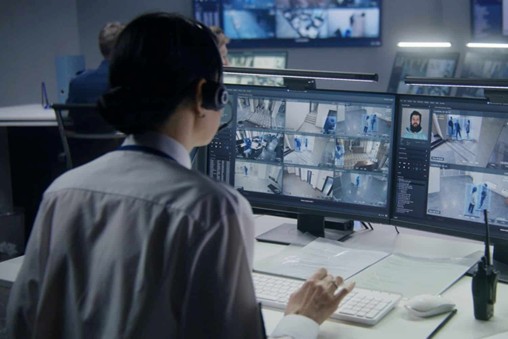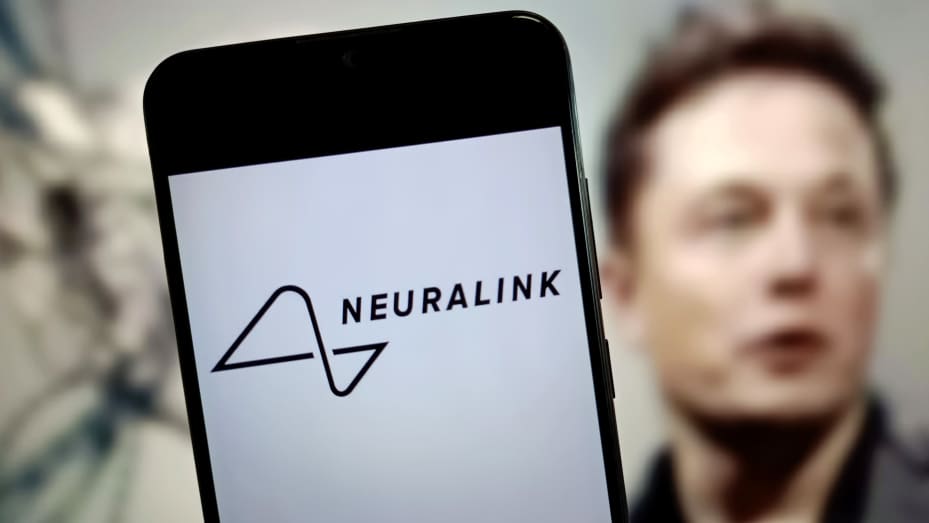In his state of the Nation Address (SONA) last week Thursday night President Cyril Ramaphosa had announced he was committing himself and the Government of National Unity (GNU) to leveraging the latest models of technology and Artificial Intelligence (AI) as South Africa adopts smart policing solutions to modernize crime-fighting efforts. The country faces several issues, including the much-delayed broadcasting digital migration (BDM), digital inclusion, lower data prices, US based billionaire Elon Musk’s starlink satellite internet solutions and using technology in the prevention and combat of crime. The President highlighted the crucial role which AI was to play during his SONA, stressing the need for digital forensics in combatting financial as well as violent crime and corruption.
Ramaphosa also spoke about technology taking the lead in public service. “As we work to reform the public service and build the capability of the state, we will harness technology to transform the way that government works. We will invest in digital public infrastructure to give South Africans access to government services anytime, anywhere, through a relaunched gov.za platform. “At the heart of this transformation will be the implementation of a digital identity system. These measures will transform the relationship between citizens and government, and create one government that is accessible to every person at a touch,” Ramaphosa said. Ramaphosa also touched on tech start-ups.
“To build an innovative economy, the Department of Science, Technology and Innovation will establish an Innovation Fund to provide venture capital to tech start-ups that emerge from our higher education institutions.” “We are calling on business to use the SA Youth.mobi platform, which has some 4.5 million young people registered, for their hiring,” Ramaphosa said
South Africans need a better way to protect their water sources and be weary of the risks of harmful bacteria. Disease knows no borders and that is why it impacts such a wide area of land. The use of boreholes as a source of water needs to be closely monitored by civil society groups. The concern that harmful bacteria in the water can be deadly needs to be communicated by local doctors. Communities close to industrial or other sources of pollution such as human waste need to be educated about the harmful effects of the diseases, the E. coli can be the least dangerous virus if treated properly with chloride. Boiling the water also helps. More deadly diseases caused by harmful industrial chemicals such as pesticides need to closely monitored by medical personal. The information gathered needs to be communicated to the local community and their authorities.
South Africans in different areas also find themselves without water for several other reasons like natural disasters, damage to infrastructure and electricity outage linked interruptions. With planned water interruptions set to happen due to maintenance in different areas, residents have been asked to store water to ensure that they won’t be caught unprepared. Bronwyn Ragavan, brand manager for Milton cautions that storing water to help mitigate the impact of the water interruptions is not as easy as filling up a container. According to Ragavan, there are specific ways in which to store water properly for longer periods of time so that it can be used safely. “Water is an essential resource, vital for survival and daily activities, and knowing how to store water correctly is crucial for the health of your family,” said Ragavan.
Ramaphosa wants the latest technologies to enhance the services of the government institutions. Transforming the way government or any other public or international institution works has been the main subject across the world, when it comes to the digital revolution. However, as we, the citizens Ramaphosa and Pretoria move to create a digital identity system we need to discuss what they are actually talking about. It may sound like paradise to have government services being made available to you at the press of a button or the movement of your fingertips, but what is the price? Will your personal information be monitored by the state? How will citizens be able to access this digital identity system? Will it be through their cell phones, computers, lap tops I Pads? Who will be responsible for supervising and monitoring the system?
The digital identity System could be overseeing by both human operators and AI (super computers). The participation of the private sector through major business and corporations in the formation of AI governance and the digital revolution is largely to invest their money in exchange for access to the technology and partnership with international tech giants. The use of Youth.mobi platform is meant to attract the best of young South African talent to work in South African companies.
The president also spoke about improving the conditions for the Energy Crisis and the plans in place to alleviate them.
Addressing one of South Africa’s most pressing issues, Ramaphosa reassured the public that significant strides had been made in stabilising Eskom. He credited independent power producers and increased renewable energy initiatives for helping to alleviate pressure on the grid. While load shedding has not been fully eliminated, he emphasised that the worst was behind the nation, with further improvements expected in 2025.
The president is finally going out of his way to improve the country’s energy supply. More needs to be done to improve the supply to the power grid, but everything is on the right track. The steps being taken to improve and stabilize the electricity supply at Eskom are approaching success. It was never going to be a simple task since the era of State Capture but with the introduction of decentralized renewable power such as solar, wind and even hydraulics (water-powered) much has been achieved. It is up to Ramaphosa and his ministers now to lead the way.
Article written by:
Yacoob Cassim
Journalist at Radio Al Ansaar






